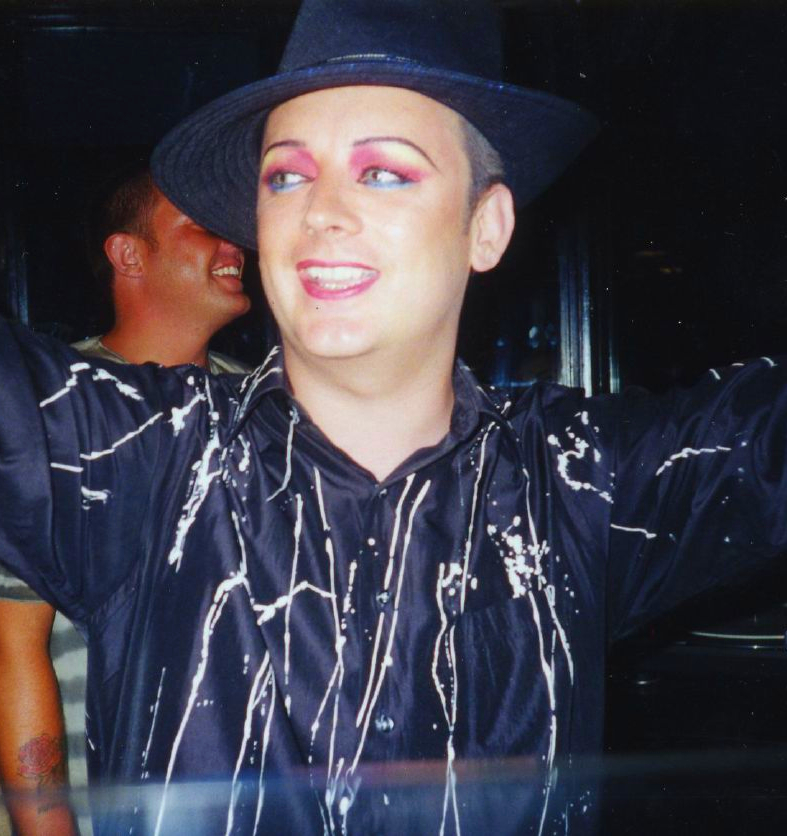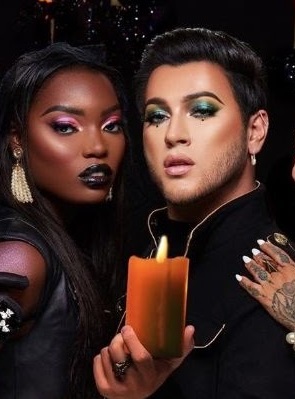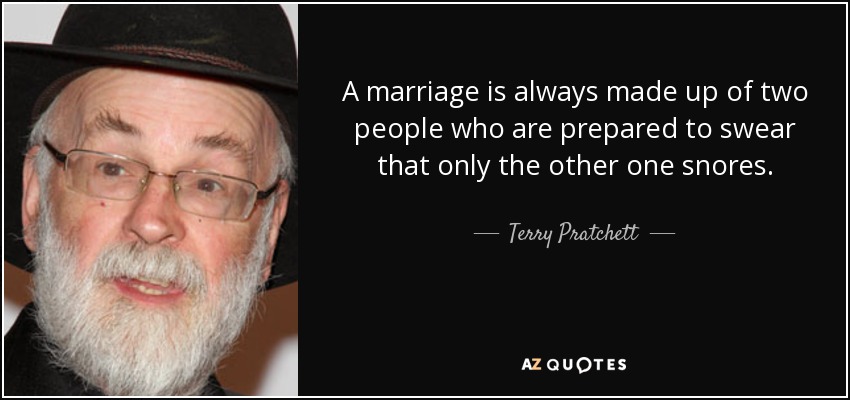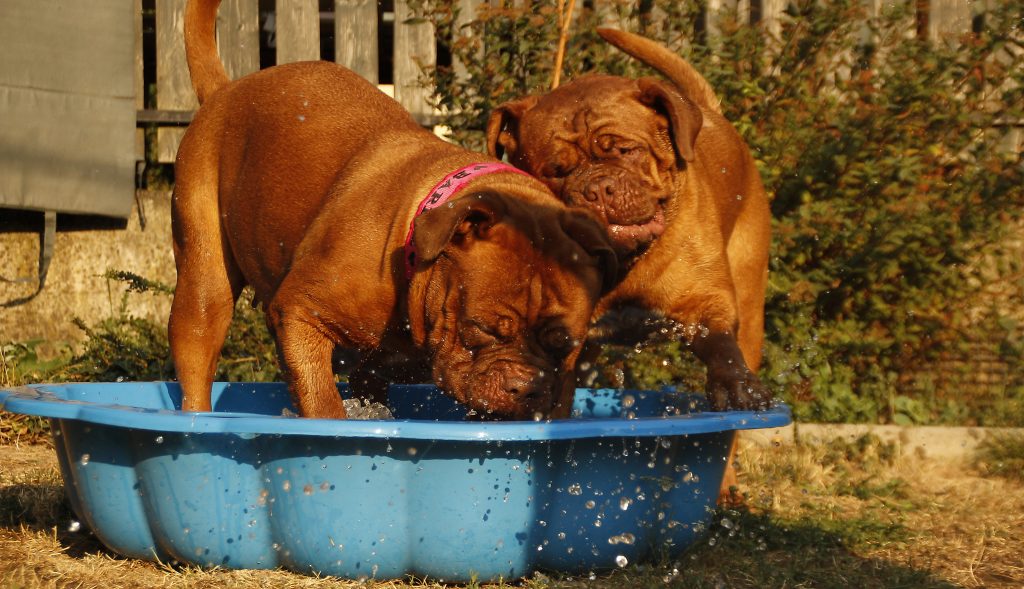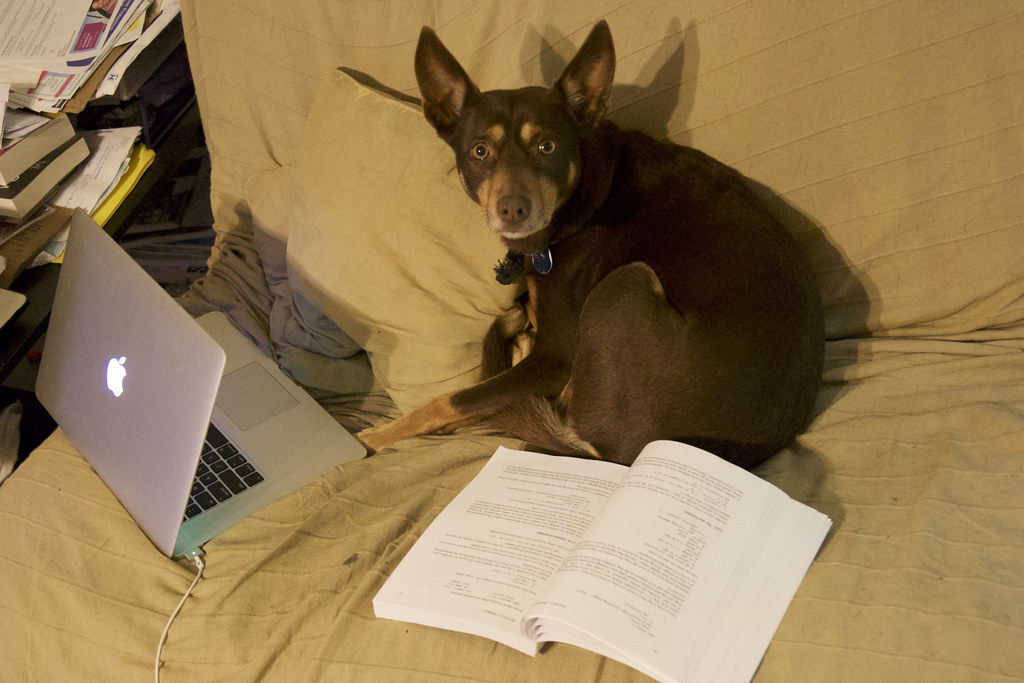
Plagiarism is the act of presenting someone else’s work, words, or ideas as your own without proper attribution. (Plagiarism.org, Yale University) Plagiarizing is representing another person’s language, thoughts, ideas, or expressions as one’s own original work. Most people consider it a violation of academic integrity and journalistic ethics. (Wikipedia)
Plagiarism can take many forms, according to Bowdoin College:
- Direct plagiarism (word-for-word copying without quotation marks)
- Self-plagiarism (submitting your own previous work without permission)
- Mosaic plagiarism (borrowing phrases without quotation marks or using synonyms while keeping the original structure)
- Accidental plagiarism (neglecting to cite sources)

The University of Oxford defines plagiarism as “Presenting work or ideas from another source as your own, with or without consent of the original author.”
The above would make it seem as though plagiarism is largely an academic concern, but not so. It can be a concern for creative writers, musicians, visual artists, essayists—pretty much anyone who comes up with a concept or product and makes it public. As stated in a slightly different way, plagiarism is the use of another’s work, words, or ideas without attribution. (Poorvu Center for Teaching and Learning) It is also defined as the use, without giving reasonable and appropriate credit to or acknowledging the author or source, of another person’s original work. (Stanford Office of Community Standards)
Is It Plagiarized?
In actual practice, plagiarism may not be so clear. For example, professional speech writers write the words for politicians or others who frequently speak in public. Is the speaker plagiarizing?
Fan Works
And then there is fan-fiction. The entire point is to use characters or plot lines from the works of a popular, admired writer. The source of the ideas is inherent in the genre. Is further acknowledgement required? Or permission?
For example, there are hundreds of “variations” on Jane Austen’s Pride and Prejudice. Using the characters and place names and some of the basic tenets are central to these works. And whatever else changes, whatever obstacles they face, Elizabeth and Darcy come together in the end.
Common Facts

What about facts? For example, what is the most popular spice in the United States? Black pepper. This same information can be found on numerous websites. Is a reference necessary, or can one say “according to sources across the web”?
As a writer, I have a notebook of words or phrases I’ve come across that strike me as strong or effective. Beef-brained. Butt-polished pews. Veins stand out like blue worms twisting. Skinny and straight as a broom handle. A look so pointed it could bruise. Dare I ever use such in my own writing? I have no idea where I heard or read them.
Plagiarism in the Public Domain
And what about public domain? According to Wikipedia, “The public domain (PD) consists of all the creative work to which no exclusive intellectual property rights apply. Those rights may have expired, been forfeited, expressly waived, or may be inapplicable. Because no one holds the exclusive rights, anyone can legally use or reference those works without permission.”
“As examples, the works of William Shakespeare, Ludwig van Beethoven, Miguel de Cervantes, Zoroaster, Lao Zi , Confucius, Aristotle, L. Frank Baum, Leonardo da Vinci and Georges Méliès are in the public domain either by virtue of their having been created before copyright existed, or by their copyright term having expired. [1] Some works are not covered by a country’s copyright laws, and are therefore in the public domain; for example, in the United States, items excluded from copyright include the formulae of Newtonian physics and cooking recipes. [5] Other works are actively dedicated by their authors to the public domain (see waiver); examples include reference implementations of cryptographic algorithms. [6] The term public domain is not normally applied to situations where the creator of a work retains residual rights, in which case use of the work is referred to as ‘under license’ or ‘with permission’”.
Public Domain, Wikipedia authors
Common knowledge does not need to be cited. But what qualifies? Information generally known to an educated reader, such as widely known facts and dates, and sometimes ideas or language. Information that most people know or can find out easily in an encyclopedia or dictionary. MIT says it’s information shared by a cultural or national group, and includes knowledge shared by members of a certain field. Just about any subject has common knowledge, including science, literature, history, or entertainment. That George Washington was the first president of the United States is common knowledge for most citizens of the U.S.

If you want more examples, a search for “common knowledge questions” will give you many options.
The widespread availability of AI has further complicated issues of plagiarism. Most generative AI systems and large language models rely heavily on creative output (music, writing, and visual art) taken without the artists’ knowledge or permission to generate imitations. Students now openly admit to using generative AI to plagiarize all of their college assignments.
Plagiarism Fallout

Consequences of plagiarism in school can include failing grades, suspension, or expulsion. (Yale University) Academic Institutions may fire or otherwise censure faculty members who plagiarize. Novelists, composers, or visual artists may sue a plagiarist and win monetary compensation. And regardless of anything else, a plagiarist suffers public shame for the theft of intellectual property.
By any definition, plagiarism is bad. So, don’t do it! If you don’t want to plagiarize “accidentally” there are tools to help you. Here are two I quickly found online:
(1) Instant Plagiarism Scan – Ensure originality and make the grade with Grammarly’s AI-powered plagiarism checker. Don’t risk plagiarizing! Instantly find and add sources for your work. Try it today. Fix punctuation mistakes. (https://www.grammarly.com/plagiarism/checker)
(2) Instant Plagiarism Scan – Plagiarism checker: Fast, Reliable & User-friendly. Perfect For Students & Professionals. Get Instant Plagiarism Analysis Write Clear, Compelling Papers And Essays with JustDone AI Humanizer Tool (https://www.justdone.com/plagiarism)
Bottom Line: Think—and research if necessary—before you publish.









